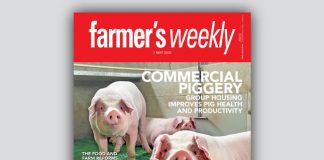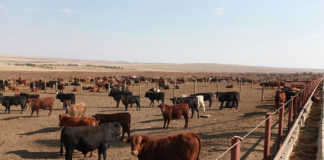“We are pleased to see that primary producers are becoming increasingly adaptable to economic challenges, innovating to remain sustainable rather than simply waiting out the challenging times,” said MC Loock, senior manager agribusiness (primary) at Standard Bank.
“We have long been saying that being at the cutting edge is the only way for SA agriculture to remain competitive and, indeed, for farming to remain profitable.
“Recent trends towards mechanisation and some aspects of precision farming show that producers are trying to stay ahead of the economic curve and reduce the cost of operations. This trend is clearly demonstrated in the grain industry where conservation agriculture has made considerable contributions to not only working more sustainable with resources but to reduce costs and increase efficiencies.”
Loock said the bank would, however, like to see more of an emphasis on creating new revenue streams. “There comes a point at which cost reduction without new revenue threatens the sustainability of a farm,” he explained.
Affordable credit has also translated into visible changes in behaviour among Standard Bank’s Vehicle and Asset Finance (VAF) customers. VAF loans to farmers cover everything in farming that has ‘wheels’, from light delivery vehicles and trucks, to tractors and custom-built machinery such as combine harvesters.
Although, overall, new tractor sales for the first half of 2013 were 4% down on the all-time high of R7,5 billion in 2012, there was an increase of 18% over the same period last year for Standard Bank VAF’s financing of customers’ new tractor purchases. This trend is further supported by a 30% year on year increase in the financing of agricultural machinery other than tractors, and an increase of 4.4% in combine harvesters.
For many farmers, the new equipment will simply replace ageing assets. For the forward-thinking, however, it will put them on a path to precision farming and mechanisation that will reduce their reliance on labour, where costs have risen steeply, said Loock.
“Superficially, the trend to mechanisation seems to be opposing our job creation imperative. However, if mechanisation is used to make farmers more agile and cost-effective and, therefore, able to expand or diversify, this could potentially create new jobs again.
“This particular trend to mechanisation also shows that farmers are making astute use of affordable credit to equip themselves for a more efficient, productive future, thereby freeing up their cash for the day to day running of the farm,” added Loock.












